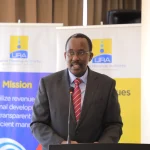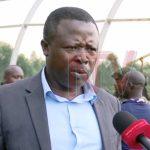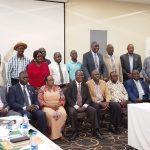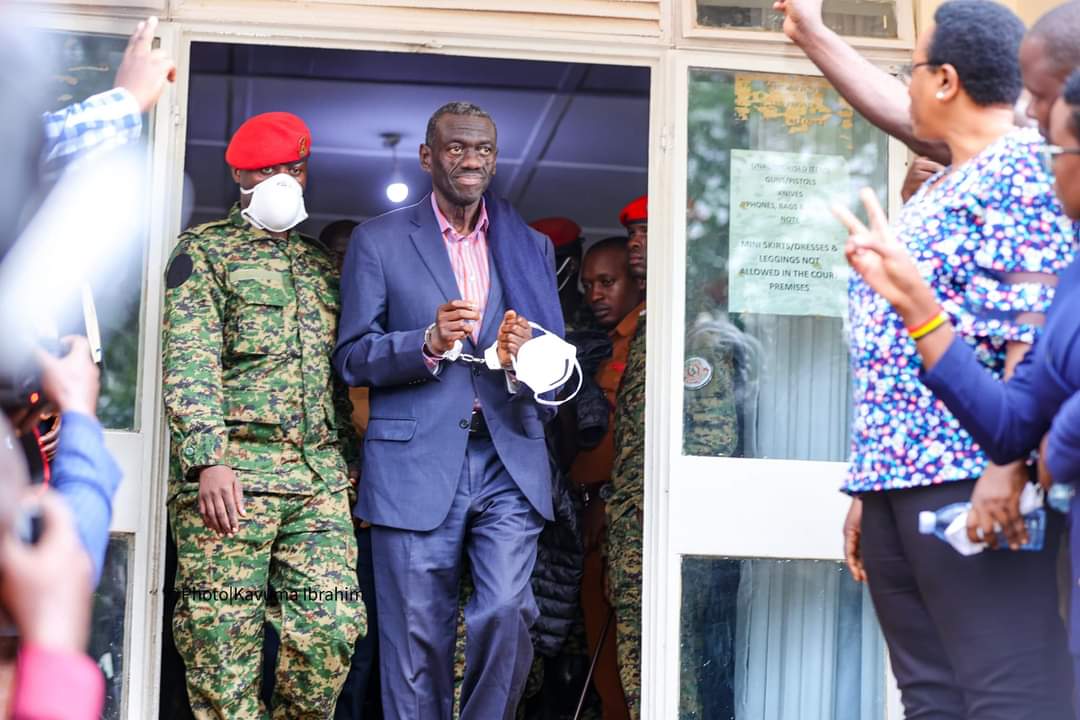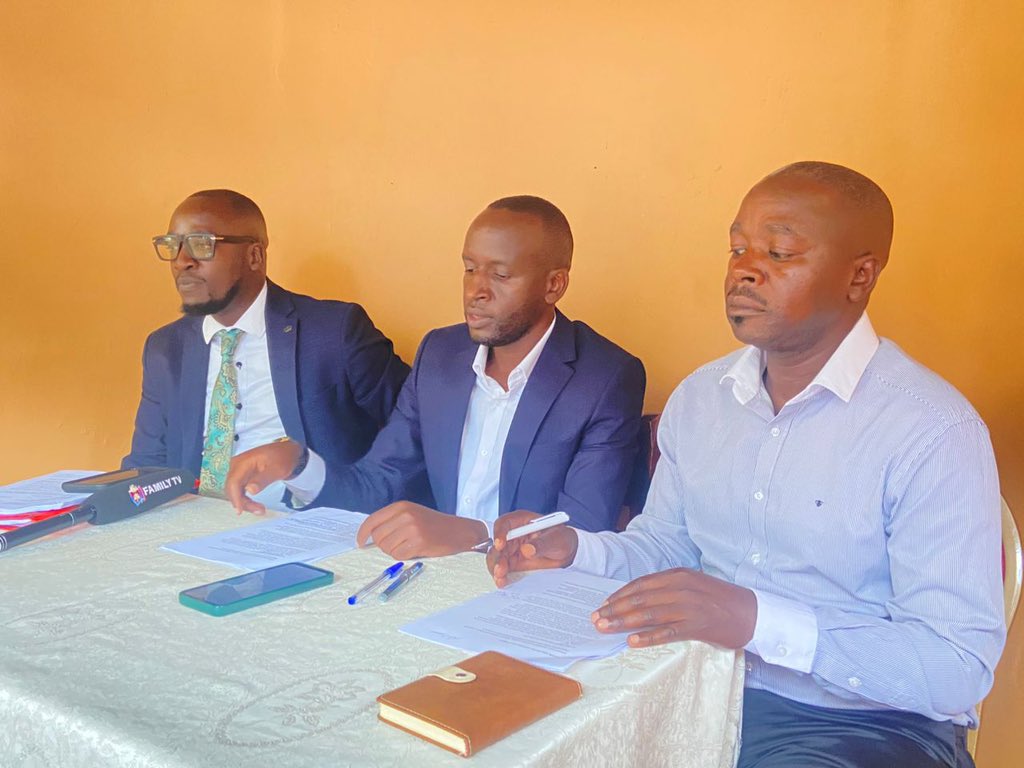The Espresso Scandal Shaking Uganda’s Coffee Kingdom
In a country where coffee flows like the Nile, President Museveni is waking up and smelling the coffee, or rather, the alleged aroma of misused funds in the coffee industry. The President, renowned for his love of robust Ugandan coffee, has demanded accountability from Mr. Nelson Tugume, chairperson of the Coffee Investment Consortium Uganda (CICU), over a whopping Shs37 billion intended to give Uganda’s coffee exports a boost.
The saga began last year when President Museveni, in a move that left some MPs grinding their teeth, directed the Finance ministry to advance $10 million to CICU. The intention was to create a caffeine-fueled economic buzz by helping exporters access capital for purchasing coffee from farmers. However, the recent demand for accountability follows an Auditor General report that spilled the beans on previous government interventions in the coffee sector, all of which seemed to have gone down the drain, or should we say, down the coffee filter.
Dr. Monica Musenero, Minister for Science, Technology, and Innovation, has taken the role of the coffee detective, communicating to Mr. Tugume that His Excellency, the President, desires a detailed update on how the millions were utilized. The Science, Technology, and Innovation Secretariat is now busy brewing a technical financial report, demanding Tugume to spill the coffee beans on the expenditures.
CICU, a private sector endeavor that started in 2021, was supposed to unite over 10,000 coffee enthusiasts from various regions. However, the current situation is no espresso; it’s more like a decaf disaster. Mr. Tugume, wearing multiple hats as the director of CICU’s founding council and Inspire Africa (U) Limited, seems to have a taste for controversy.
Speaking of controversy, Inspire Africa (U) Limited, a firm directed by Mr. Tugume, previously received a multibillion contract from the Office of the Prime Minister to promote coffee consumption. However, the Auditor General’s 2021 findings revealed that, except for Gulu, the coffee shops were as elusive as the last bean in a coffee bag.
Efforts to extract a response from Mr. Tugume proved as challenging as finding the perfect roast, as his phone remained as silent as an unattended coffee machine. Even his lawyer, Mr. Francis Harimwomugasho, seemed to be on a coffee break from answering calls. A call meant for Mr. Kizito Tinkamanyire, the digital media manager at Inspire Africa (U) Ltd, ended abruptly as if the conversation was as bitter as a poorly brewed cup.
Despite Mr. Alex Luganda, one of the lawyers for Inspire Africa (U) Ltd, expressing confidence in his client, voices from the coffee fields, including Mr. Robert Kabushenga of Rugyeyo Farm, allege that Tugume might have sipped a bit too much from the taxpayers’ coffee pot.
When the directive to allocate funds to CICU came before Parliament, MPs were as stirred up as a strong espresso. They argued that it was a bitter brew to advance taxpayers’ money to a private company when the Uganda Coffee Development Authority could handle the job. However, the idea managed to percolate through Parliament, with whispers suggesting it had a strong backing from the President’s son-in-law, Mr. Odrek Rwabwogo, leading the Presidential Advisory Committee on Exports and Industrial Development.
In the midst of this coffee-flavored scandal, Uganda finds itself in a frothy situation. Whether the coffee billions will be a shot of economic caffeine or a bitter aftertaste remains uncertain. The beans have been spilled, and now the nation eagerly awaits whether accountability will be as rare as the finest Ugandan coffee.






